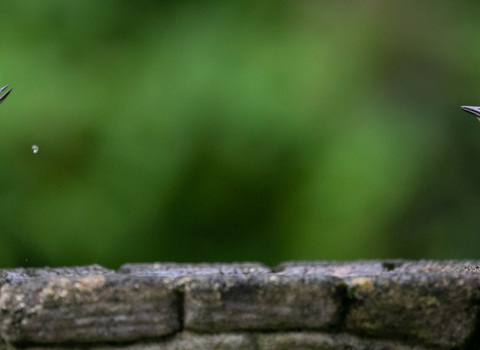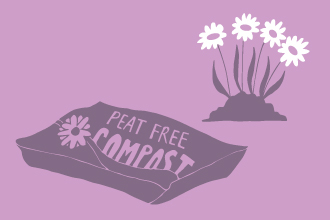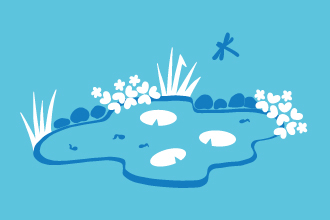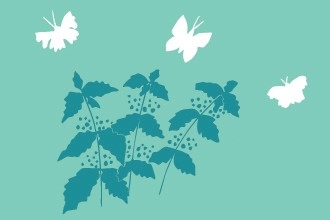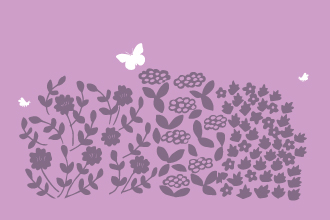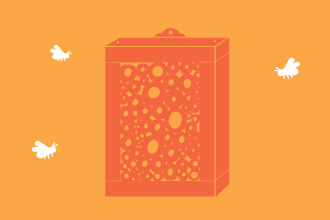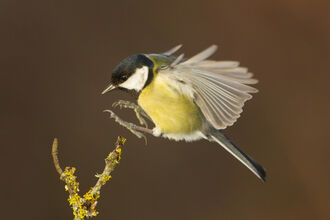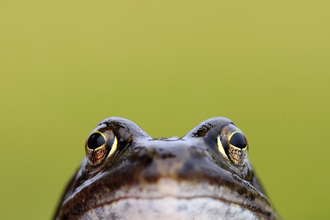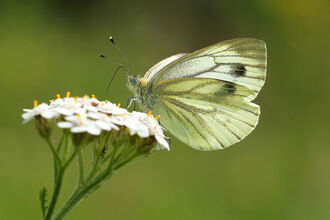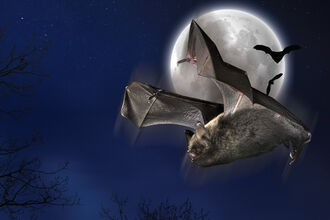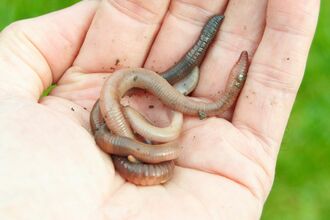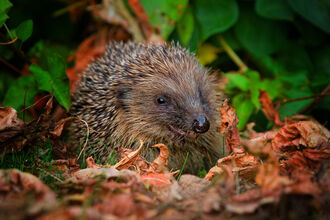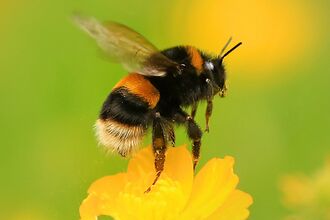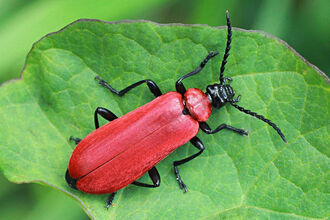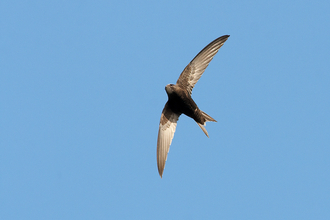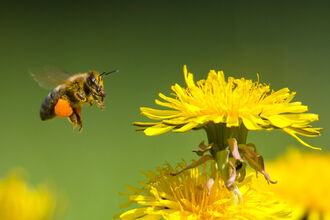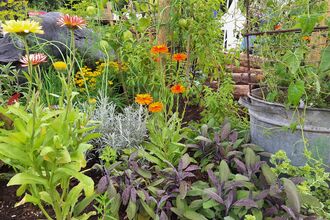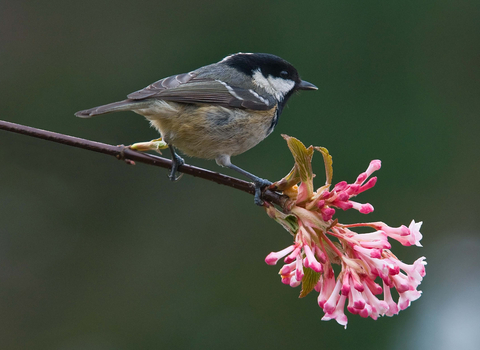Go wild in your garden! Large or small, ledge or yard, your garden can be a mosaic in a wider network of natural havens linking urban green spaces with nature reserves and the countryside.
Together, our gardens are a vast living landscape. With an estimated 24 million gardens in the UK, the way they are cared for can make a big difference to the natural world.
Hedgehogs, bats, sparrows, song thrushes and stag beetles are all declining species in the UK, but if we manage our gardens to benefit wildlife, these creatures and many more will find refuge.
Explore ways to attract pollinators, by planting a range of native species to flower throughout the year. The simple act of providing water for wildlife will have a huge impact. Try leaving a patch of logs or long grass undisturbed all year, giving shelter to all sorts of wildlife. And go chemical and peat-free, to maintain a healthy ecosystem. Explore our guides and actions below.
If you think you don't have enough space, check out our free download, Gardening in Small Spaces.
More ways to help wildlife in your garden
Find more ways to take action for the wildlife in your garden by clicking on our guides below.
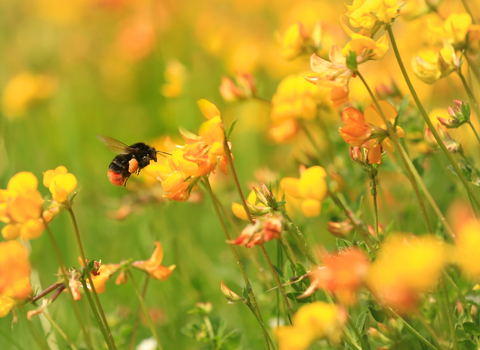
Red-tailed bumblebee ©Jon Hawkins - Surrey Hills Photography
Want to hear more from the Wildlife Trusts?
As a member, as well as supporting wildlife in your local area, you will receive a fantastic wildlife magazine.

